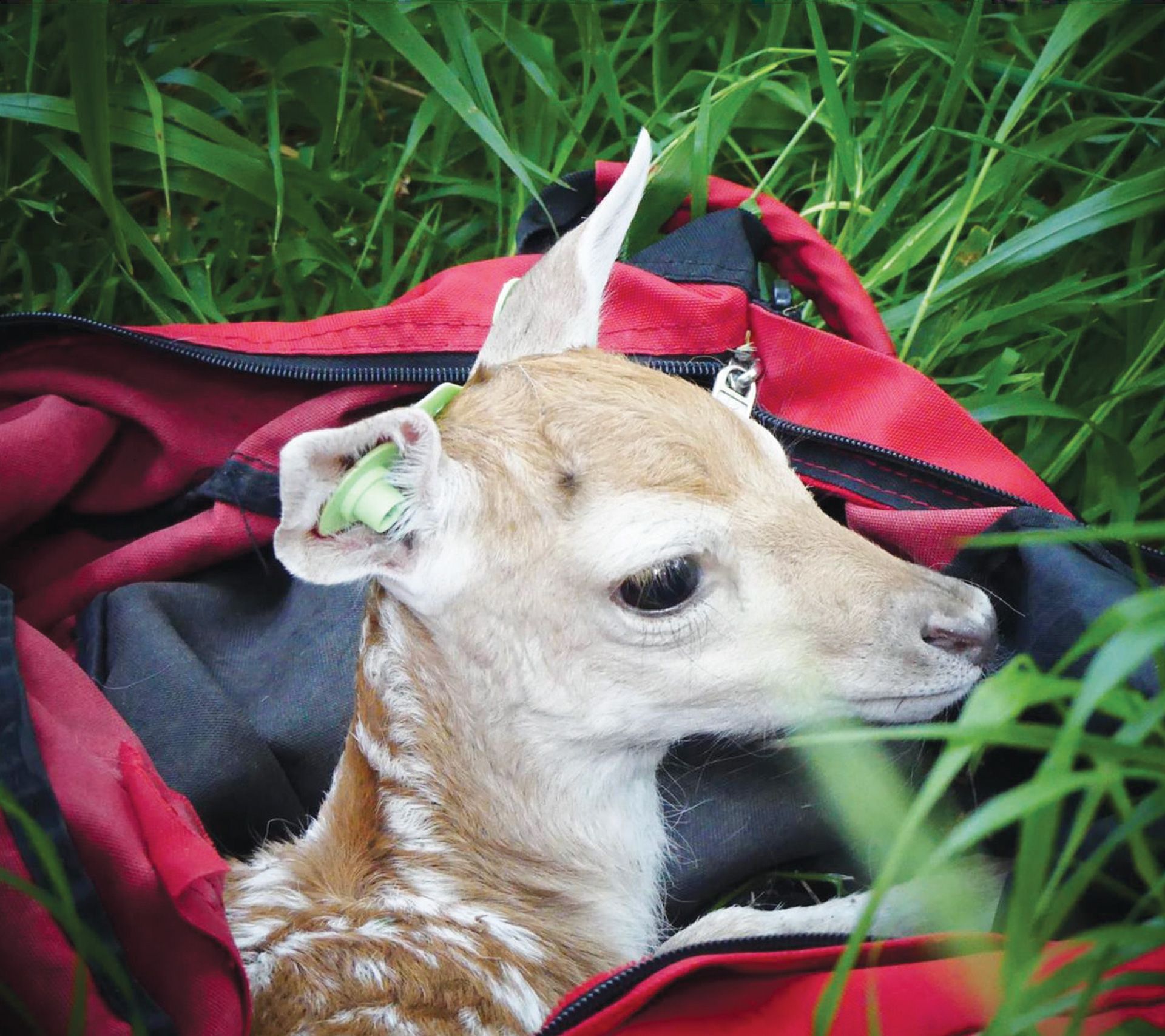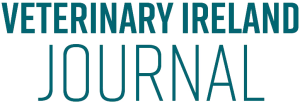Veterinary student summer research projects update
Dr Alison Reynolds provides an overview of undergraduate summer research projects
In association with


Dr Alison Reynolds
Assistant Professor of Veterinary Biosciences. Dr Reynolds is a member of the School of Veterinary Medicine Research Innovation and Impact Committee, where she is a champion of undergraduate research.
In the last two years, in spite of the pandemic, nearly 40 summer research projects have been carried out in the School of Veterinary Medicine by veterinary medicine and veterinary nursing students. This is a wonderful testament to student motivation and the resilient nature of both the students and their supervisors, particularly as many of the 2020 projects had to take a rapid change of direction from in person to online.
The nature of summer research projects has changed from predominantly clinical sampling/lab-based before the pandemic to more desk-based in 2020 and 2021. Examples of desk-based projects include developing and carrying out surveys, auditing clinical records or performing a systematic review of all the current literature around a topic. One advantage of desk-based projects is that students can be based anywhere in the world with supervision carried out through weekly Zoom meetings to define objectives, set targets and critically appraise results.
Fortunately, the ‘desk-based’ research skills learned by the students are useful and valuable ones: framing a good research question, finding appropriate literature, searching through clinical or literature databases, designing survey questions, analysing findings. These skills will be carried with our students into their professional lives and will enable them to apply evidence-based veterinary medicine to answer conundrums they may face in their clinical career.
In early 2020, the School of Veterinary Medicine invested in specialised software to assist with carrying out and analysing surveys (Qualtrics) and managing systematic reviews (Covidence). This software has helped with the management of desk-based projects.
Many of our lecturers in the School of Veterinary Medicine include research-based teaching as part of their modules, getting to share knowledge on a research topic they are passionate about. For summer projects, we encourage students to think about what modules they found most interesting and to contact the relevant lecturer to see whether they would have any opportunity to supervise a research project during the summer. Here, we outline a selection of the summer research projects undertaken this year.

Figure 1. A fawn in the Phoenix Park looking around after being released from the weighing bag a few moments before running away.
2021 Summer Research Projects
Final year veterinary medicine student Pietro Sabbatini joined the team of Dr Annetta Zintl and Dr Simone Ciuti, Assistant Professor in Wildlife Biology at UCD and spent time in Dublin’s Phoenix Park and in the research labs in UCD. He studied the impact of Toxoplasma gondii on behaviour and physiology of wild fallow deer fawns. Over one-third of the 80 fawns examined showed the presence of anti-T. gondii antibodies and affected fawns displayed more risk-taking behaviour. A larger sample size will be required to confirm these findings.
Stage 3 veterinary medicine student Rebecca Whelan compared a well-managed retired horse herd with a rescue herd, examining the relationship between equine behaviour and helminth infection status. Under the direction of supervisors Associate Professor Vivienne Duggan, Professor Grace Mulcahy and Associate Professor Zintl, Rebecca examined faecal egg count and levels of cortisol, and compared these to social dynamics and eating habits within each herd. Initial results suggest a connection between social status in the herd and levels of worm shedding.
Veterinary medicine student Carli Gentile worked on a project with advisors, Associate Professor Finola Leonard, Associate Professor Robert Shiel, and Professor Carmel Mooney, which looked at how the UCD Veterinary Hospital uses antimicrobials in small animal cases. The aim of the study was to assess antimicrobial prescribing practices, to implement change in the future and ensure UCDVH is using important antibiotics responsibly and appropriately.
Stage 3 veterinary nursing student, Natalia Szumlanska together with supervisor, Assistant Professor Sandra Nicholson, worked on designing an Irish Veterinary Behaviour Community YouTube channel. The aim of this channel is to provide ethical, effective and evidence-based approaches to assist veterinary professionals and clients with feline and canine training and behaviour queries. Natalia examined the literature to identify the most common animal training and behaviour queries and sourced two playlists for the YouTube channel focusing on basic behaviour/training issues in cats and dogs.

Figure 2. A YouTube playlist for basic behaviour/training issues in cats.
AcknowledgemenT
The summer research projects would not be possible without the enthusiasm of our students and the support of supervisors and their teams who welcome students each summer and give them a valuable insight into working in research. We would like to thank the family of Thomas O’Hanlon for funding the Veterinary Summer Research Award through the UCD Foundation, and acknowledge funding from the UCD Squared Programme with UC Davis, from Zoetis, and from Animal Welfare Foundation (UK).
In association with


Dr Alison Reynolds
Assistant Professor of Veterinary Biosciences. Dr Reynolds is a member of the School of Veterinary Medicine Research Innovation and Impact Committee, where she is a champion of undergraduate research.









